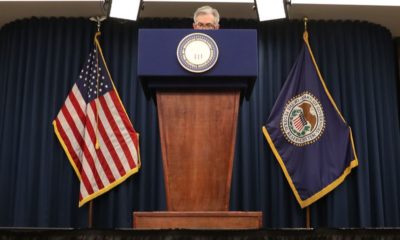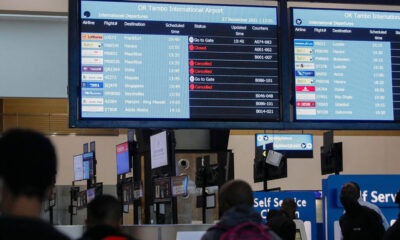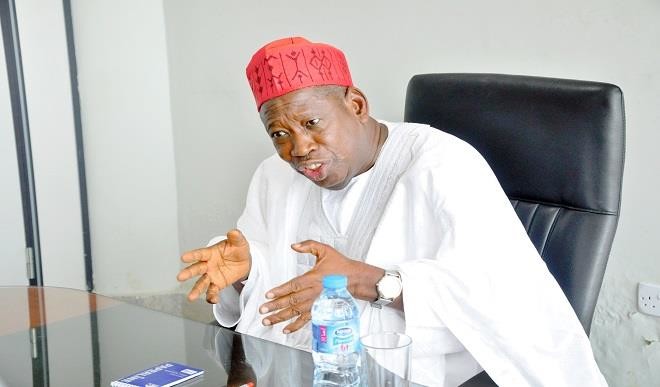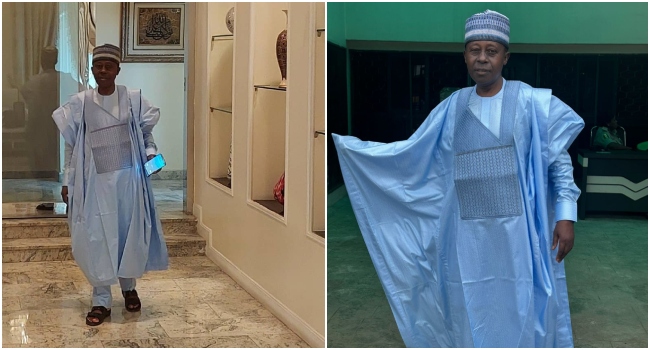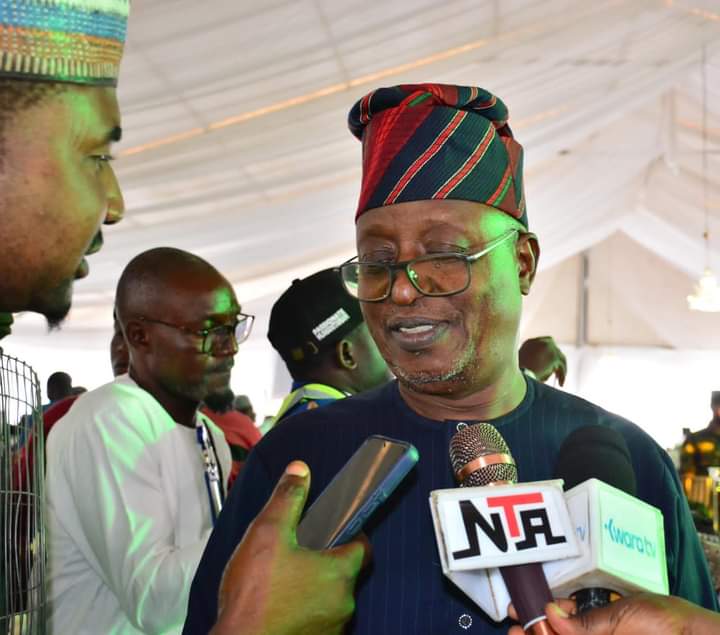The National Drug Law Enforcement Agency (NDLEA) and a Senator representing Kwara South in the National Assembly, Oyebola Yisa Ashiru have been enmeshed in corrupt and drug dealing allegations.
Sensor Ashiru, while speaking on the floor of the Senate on October 15, 2024, had declared that the enforcement agency is corrupt and needed to be probed for the rise in the rate of drug trafficking across the country.
Responding, NDLEA Chairman, Mohammed Buba Marwa, took a swipe at the lawmaker for his utterances and alleged that the corrupt allegations against the agency were borne out of vendetta.
Defending the agency further, Marwa, while speaking to journalists on Monday, noted that Senator Ashiru’s claims were baseless, adding that Ashiru had developed personal hatred against the NDLEA since the day its operatives raided the senator’s personal residence in GRA Ilorin, Kwara State, on February 4, 2024, and found illicit drugs.
Marwa disclosed that the Federal lawmaker was using his house as joint for illicit drug dealers, saying that two of Ashiru’s aides identified as Ibrahim Mohammed and Muhammed Yahaya, were arrested, while a third suspect bolted away.
He stated that the agency carried out the raid following credible intelligence indicating that the house was being used for drug trafficking and consumption.
The agency also revealed a separate operation in June 2023, which led to the arrest of another associate of the senator, Oluwatosin Odepidan, in Offa, Kwara State.
He said Odepidan was found in possession of methamphetamine and cannabis, stressing that despite attempts by the senator’s personal assistant to have the case dropped, Odepidan was prosecuted.
The NDLEA boss pointed out that initially, Odepidan abused the bail privilege granted him in 2023 but was rearrested and convicted in June 2024.
Marwa maintained that Ashiru’s attack was an attempt to tarnish the agency’s reputation, following the legal actions taken against his associates.
Meanwhile, Ashiru’s office denied all allegations of NDLEA, dismissing them as fallacious.
Ashiru’s Legislative Aide on Media, Olaitan Adeyanju submitted that it was preposterous and mere fishing for justification that NDLEA had to wait for the senator’s remarks on the floor the Senate before making its “spurious allegations.”
He said Ashiru never employed any aide bearing Ibrahim Mohammed or Mohammed Yahaya as claimed by NDLEA, acknowledging that the agency’s operatives visited the senator’s Ilorin house but found nothing incriminating.
According to him, “The entire house was searched, and nothing incriminating was found. If any drugs were found on certain persons mentioned by the NDLEA, it is rational to ask at which court of law were the culprits charged?”
He also denied allegation that Ashiru sent some person to the NDLEA to influence the dropping of drug allegations against anyone known as Tosin Odepidan, disclosing that “all the names mentioned by the agency are strange, and none works directly or indirectly with Senator Ashiru.”
Adeyanju further averred that the NDLEA has the duty to take anyone suspected of drug dealing to court rather than name- calling and engaging in media trial, saying that the agency’s rebuttal was misleading.
He alluded to the senator’s stance that many criminals, cultists, armed robbers, and drug addicts find their way back into business after gratifying and bribing law enforcement officers, asking NDLEA to search its house and fish out bad eggs.
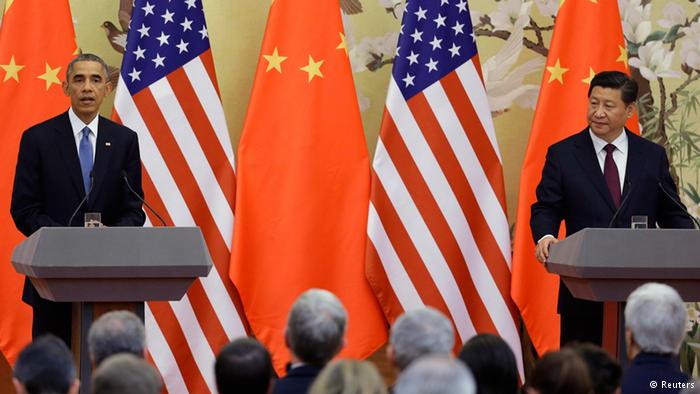

 Naira4 weeks ago
Naira4 weeks ago
 News3 weeks ago
News3 weeks ago
 Education4 weeks ago
Education4 weeks ago
 Social Media4 weeks ago
Social Media4 weeks ago
 Economy4 weeks ago
Economy4 weeks ago
 Investment4 weeks ago
Investment4 weeks ago
 Dividends4 weeks ago
Dividends4 weeks ago
 Business3 weeks ago
Business3 weeks ago







